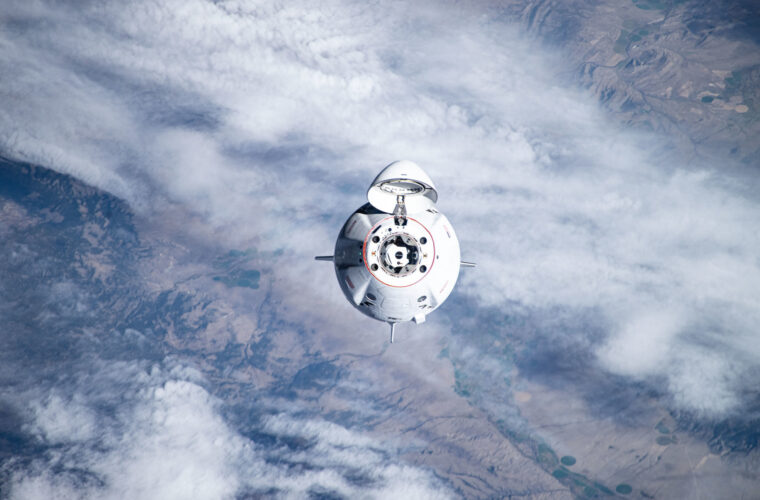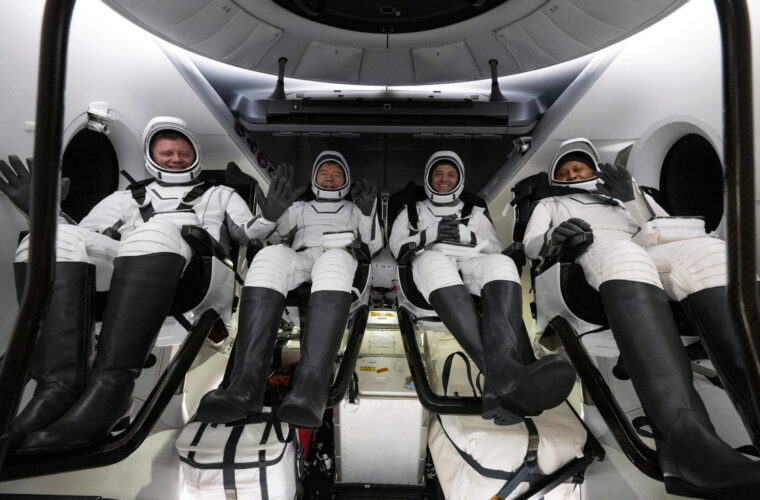Elon Musk and Space X will build a constellation of spy satellites for the Pentagon. This news is not surprising because SpaceX is the largest satellite operator in the world. It is only natural that US intelligence turns to the best to expand and improve its armaments. After all, the US Department of Defence has been using technologies and tools developed by SpaceX for years to put its surveillance systems into orbit.
The system in question is not just another addition to our space arsenal. It is a groundbreaking solution that will revolutionize our surveillance capabilities. By replacing larger military satellites with a capillary organization of many satellites in low orbits, we will be able to monitor real-time activities on the ground, even in the most volatile regions. With its detailed and rapid imaging capabilities, this advanced system will provide immediate insights, supporting our ground forces in their operations. It’s a testament to our nation’s commitment to staying ahead in space technology.
Starshield, a $2 billion project
The agreement concerns the Starshield project, which links SpaceX and the National Reconnaissance Office (NRO), a US government agency that operates spy satellites. The contract signed in 2021 will give the company almost $2 billion. According to Reuters, SpaceX’s Falcon 9 rockets put twelve prototypes into orbit for testing, a decisive step before entering the operational phase. Sources familiar with the plans reported that it is the most capable, diverse, and resilient space intelligence, surveillance, and reconnaissance system the world has ever seen.
Becoming less vulnerable to enemy attacks is a priority. A system that can continue functioning even if a part of it would be destroyed looks promising for American aims. It is no coincidence that, like the United States, China has also planned to build a constellation of spy satellites to intercept the moves of others and move accordingly. Although SpaceX and NRO have so far made no statements on Starshield, it is known that the constellation of satellites will operate on a closed internet network separate from Starlink, SpaceX’s commercial broadband satellite service, precisely in order to respond to possible attacks, and will also include large observation satellites flanked by smaller satellites that will transmit collected images and other communications via inter-satellite lasers.
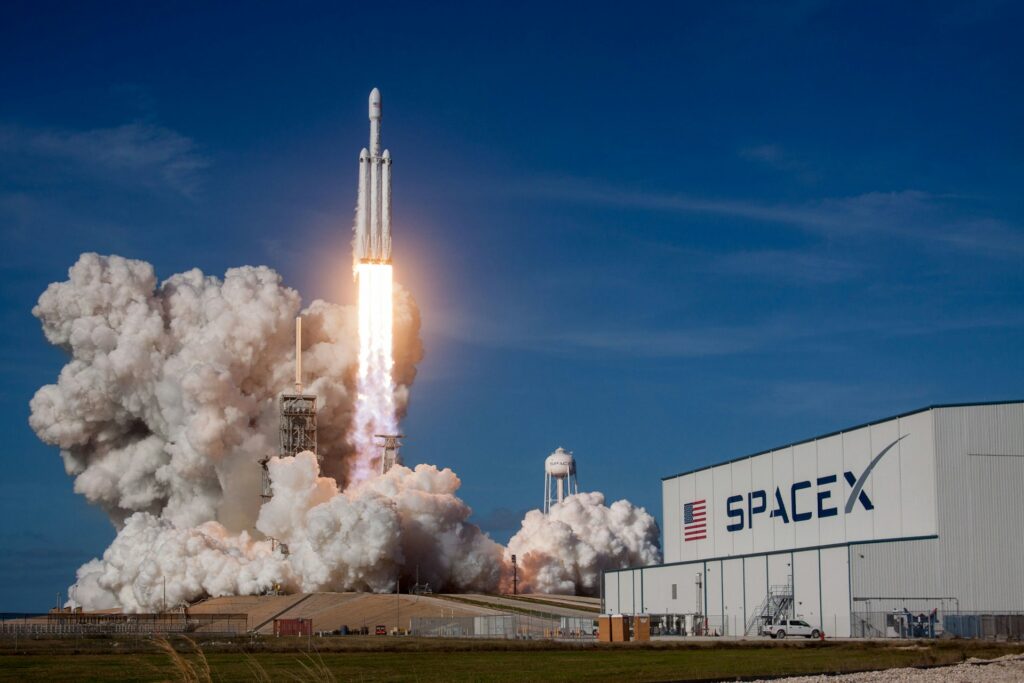
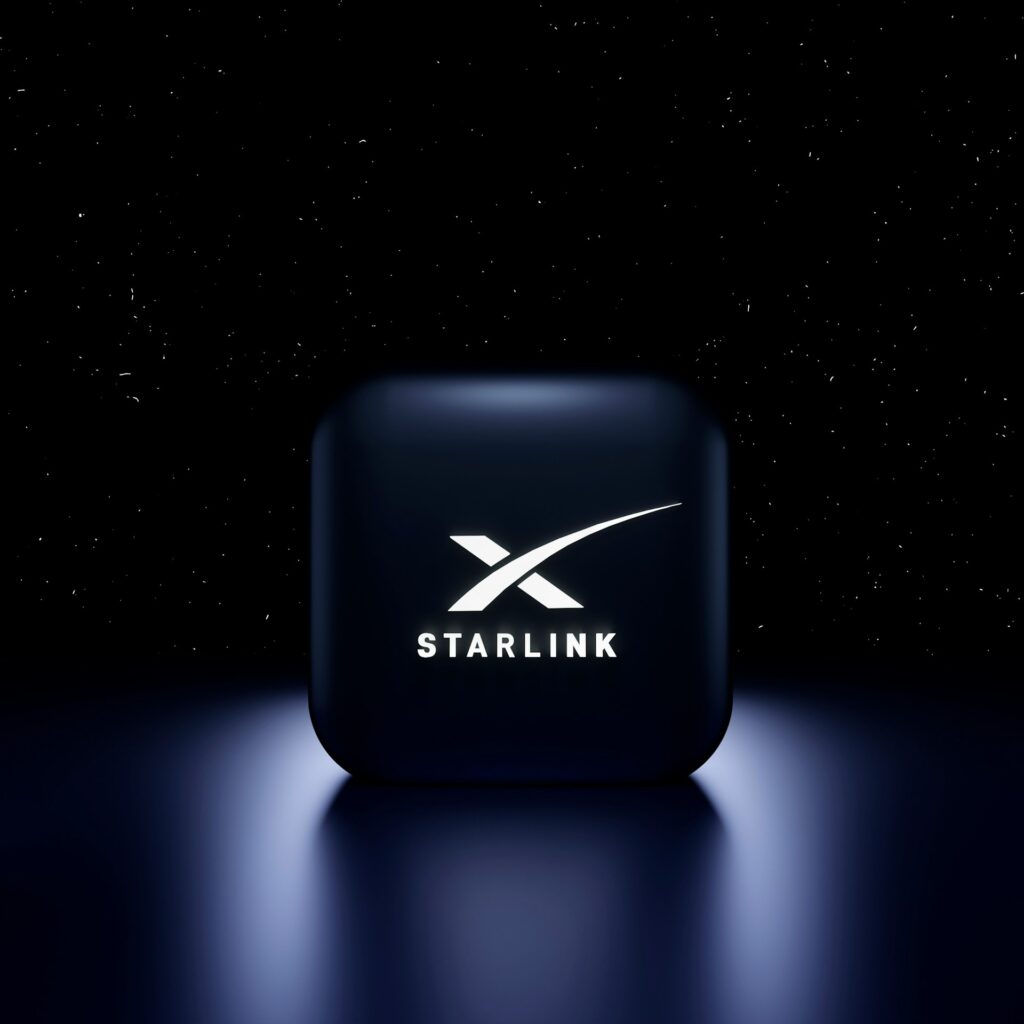
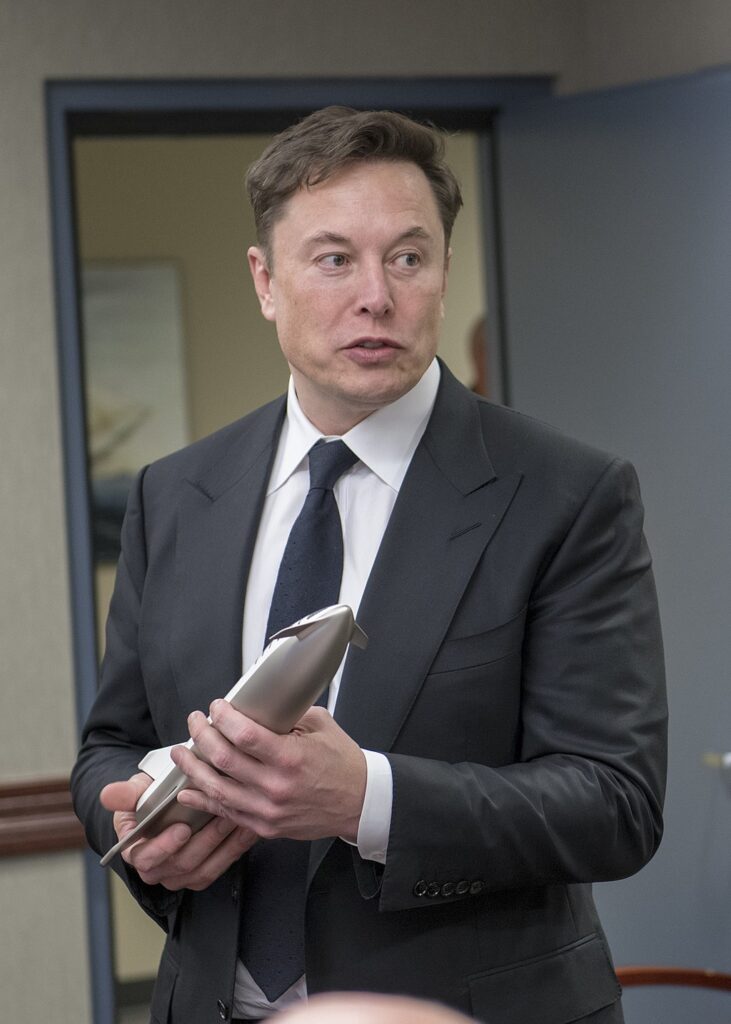
The two opposing sides of Musk
So far, I have listed the technical aspects of the agreement, which are all the more important because it concerns national security. At the same time, however, this aspect cannot be underestimated, considering that SpaceX represents a version of Musk that contrasts with the one the Tesla founder shows every day on X. On the one hand, there is the shrewd and far-sighted entrepreneur at the head of a company that has conquered the space sector in just a few years, imposing itself as a key player even for the US government. On the other, the face of a tyrant who decides at will the changes to the most relevant social platform for disseminating information, which counts around 200 million daily active users.
After easing content moderation policies in the name of freedom of expression (generating a surge in harmful, hateful and violent speech) and reactivating the accounts of many users blocked for not complying with the rules in force before his arrival, Musk, in recent days torpedoed the journalist Don Lemon – hired to create original video content to increase online traffic – after he interviewed him because he was ‘guilty’ of asking uncomfortable questions. “His approach is too CNN-style,” Musk said to justify his choice, referring to the TV station Lemon worked for.
US government
In addition, there have been previous skirmishes between the parties, with Musk repeatedly making adverse remarks against US President Joe Biden and declaring his support for the Republican party.
However, current events teach us that ethical or moral considerations leave time to be found in the face of money and national priorities.
So it is hardly surprising that someone like Musk is one of the US intelligence community’s most regular and important clients, even if he is embarrassing in terms of what he says and does on X and what he stirs up in public opinion. The most recent controversy erupted after Musk confirmed he was taking prescription ketamine during an interview with Lemon. Perhaps one can understand why the journalist was short-lived in Musk’s court.

